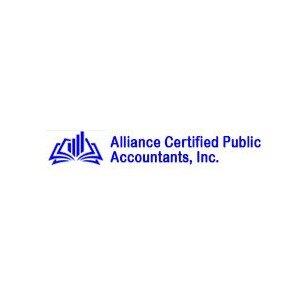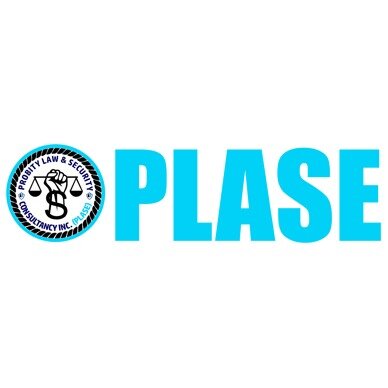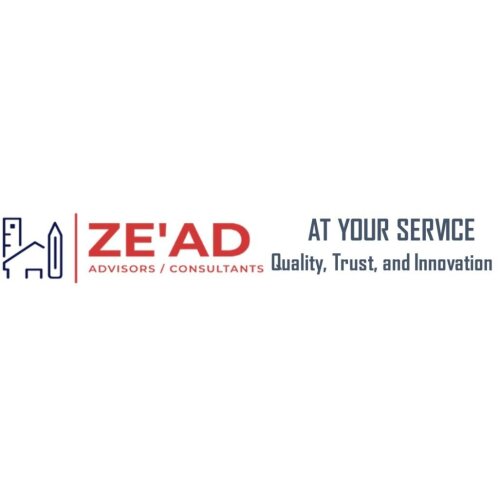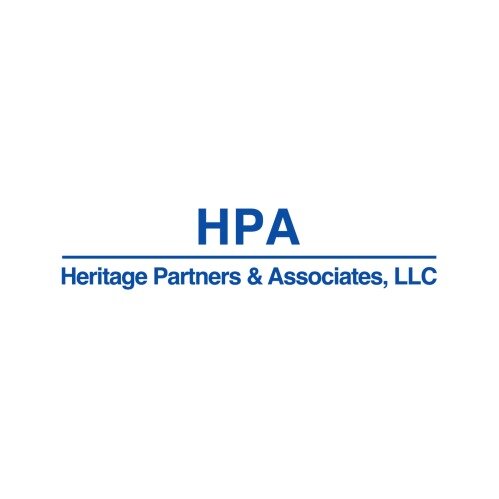Best Restructuring & Insolvency Lawyers in Liberia
Share your needs with us, get contacted by law firms.
Free. Takes 2 min.
Or refine your search by selecting a city:
List of the best lawyers in Liberia

Alliance Certified Public Accountants, Inc. (Alliance CPAs, Inc.)
15 minutes Free ConsultationAbout Restructuring & Insolvency Law in Liberia
Restructuring and insolvency law in Liberia deals with legal procedures and frameworks designed to address situations when businesses or individuals face financial distress. The main goal of these laws is to provide solutions for debt repayment, asset reorganization, or an orderly winding up of affairs. The legal system provides both preventive and remedial measures, allowing negotiations between debtors and creditors or, in some cases, facilitating the dissolution of a business entity. The process can involve debt restructuring, liquidation, receivership, or administration, and is largely governed by statutes such as the Liberian Commercial Code, Companies Act, and relevant sections of the Liberian Civil Procedure Law.
Why You May Need a Lawyer
Navigating the complexities of restructuring and insolvency can be challenging without professional assistance. A skilled lawyer can help in many situations, such as:
- Evaluating whether a business can be rescued through restructuring
- Advising on options like voluntary arrangements, administration, or liquidation
- Negotiating with creditors to protect your interests
- Preparing and filing legal documents required for insolvency proceedings
- Representing you in court or before insolvency tribunals
- Addressing disputes that arise during the insolvency process
- Advising directors on their legal duties and potential liabilities
- Safeguarding stakeholders' rights, including employees, suppliers, and customers
- Ensuring compliance with Liberian laws, which can have serious penalties for non-compliance
- Minimizing financial losses and maximising recovery of assets
Legal help is essential to protect your interests, navigate the technicalities, and fulfill your obligations in accordance with Liberian laws.
Local Laws Overview
Restructuring and insolvency in Liberia are regulated by a set of domestic laws and legal procedures. Key aspects include:
- The Companies Act: Provides the framework for the formation, operation, and dissolution of companies. It also specifies processes for receivership and winding-up of insolvent companies.
- Civil Procedure Law (Chapter 44): Governs creditor actions, appointment of receivers, and the process for liquidating or restructuring insolvent entities.
- Creditors’ Rights: Outlines the ranking of creditors, secured and unsecured, and sets procedures for the realization of assets.
- Director and Officer Duties: Directors must act in good faith and in the best interest of the company, especially during financial distress. They can be held personally liable for wrongful trading or fraudulent activities.
- Cross-Border Insolvency: Liberia recognizes some aspects of cross-border insolvency, but the approach depends on treaty arrangements and cooperation between courts in different jurisdictions.
- Bankruptcy Proceedings: Available for both individuals and businesses. The process addresses distribution of available assets to creditors and the discharge of certain debts.
Compliance with these laws is vital to ensure that the restructuring or insolvency process is effective, lawful, and preserves the maximum value for everyone involved.
Frequently Asked Questions
What does insolvency mean in Liberia?
Insolvency refers to the inability of an individual or business to pay debts as they become due. It can lead to formal legal proceedings like bankruptcy or liquidation.
What is the difference between restructuring and insolvency?
Restructuring involves reorganising a company's finances or operations to avoid insolvency. Insolvency is a legal state where an entity cannot pay its obligations and may be liquidated as a result.
Can a business continue operating during insolvency proceedings?
In certain cases, businesses may continue to operate under administration or receivership, but management is typically overseen by a court-appointed official.
Who can initiate insolvency proceedings in Liberia?
Insolvency proceedings can be started by the debtor, one or more creditors, or sometimes by government authorities, depending on the circumstances.
What happens to employees if a company becomes insolvent?
Employees’ claims, such as unpaid wages or benefits, are usually given priority over other unsecured creditors in the distribution of the company's assets.
Are directors personally liable for company debts in Liberia?
Normally, directors are not personally liable for company debts, but they can become liable if found to have engaged in fraudulent trading or breached their duties.
How long does an insolvency process usually take?
The duration varies based on the complexity of the case, the assets involved, and the type of proceedings. Some cases may be resolved within months, others take years.
Can individuals file for bankruptcy in Liberia?
Yes, individuals can initiate bankruptcy proceedings in Liberia under the relevant legal provisions, leading to a court-supervised process for debt resolution.
Is out-of-court restructuring possible in Liberia?
Yes, debtors and creditors can negotiate and agree to restructuring arrangements outside the formal court process, though legal advice is recommended to ensure validity and enforceability.
What should I do if my business is facing financial troubles?
Seek immediate legal advice. A lawyer can evaluate your options, help negotiate with creditors, and guide you through restructuring or insolvency procedures if needed.
Additional Resources
The following resources and organizations in Liberia may be helpful for those seeking assistance with restructuring and insolvency matters:
- Ministry of Justice: Provides guidance on legal procedures and enforcement of insolvency laws.
- Commercial Court of Liberia: Handles business-related disputes, including insolvency and liquidation matters.
- Liberian Bar Association: Offers directories of qualified legal professionals experienced in restructuring and insolvency.
- Central Bank of Liberia: Regulates the financial sector and may have information or procedures relevant for banks and financial institutions facing distress.
- Local Legal Aid Clinics: Some organizations offer free or low-cost advice on bankruptcy and debt-related issues.
Next Steps
If you are facing financial difficulties or need legal assistance with restructuring or insolvency issues in Liberia, consider the following actions:
- Contact a qualified Liberian lawyer with experience in insolvency and restructuring.
- Gather all relevant financial documents and information about your business or personal finances.
- Request a consultation to discuss your specific situation and potential legal options.
- If needed, prepare to act swiftly to protect your rights, your business, and your assets.
- Keep communication channels open with creditors and employees, but avoid making promises or commitments without legal advice.
Early intervention is key. A legal professional can help you navigate the process, ensure compliance with the law, and work towards the best possible outcome in difficult financial circumstances.
Lawzana helps you find the best lawyers and law firms in Liberia through a curated and pre-screened list of qualified legal professionals. Our platform offers rankings and detailed profiles of attorneys and law firms, allowing you to compare based on practice areas, including Restructuring & Insolvency, experience, and client feedback.
Each profile includes a description of the firm's areas of practice, client reviews, team members and partners, year of establishment, spoken languages, office locations, contact information, social media presence, and any published articles or resources. Most firms on our platform speak English and are experienced in both local and international legal matters.
Get a quote from top-rated law firms in Liberia — quickly, securely, and without unnecessary hassle.
Disclaimer:
The information provided on this page is for general informational purposes only and does not constitute legal advice. While we strive to ensure the accuracy and relevance of the content, legal information may change over time, and interpretations of the law can vary. You should always consult with a qualified legal professional for advice specific to your situation.
We disclaim all liability for actions taken or not taken based on the content of this page. If you believe any information is incorrect or outdated, please contact us, and we will review and update it where appropriate.
Browse restructuring & insolvency law firms by city in Liberia
Refine your search by selecting a city.











